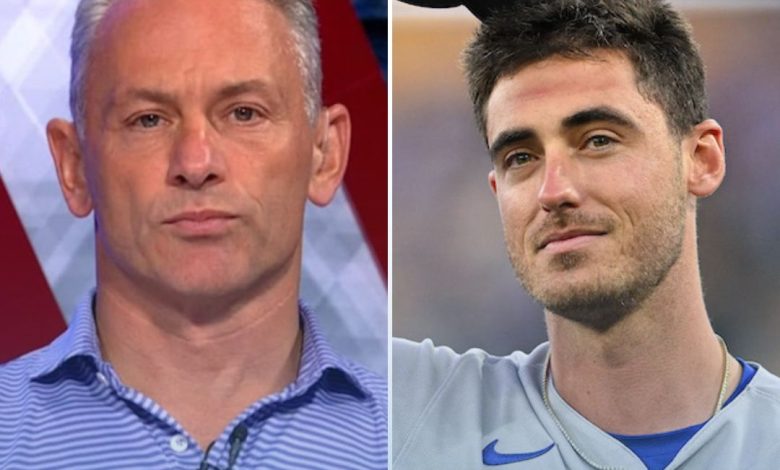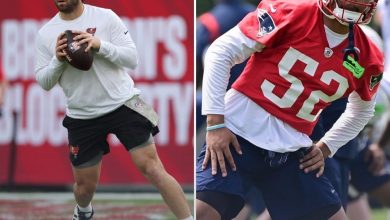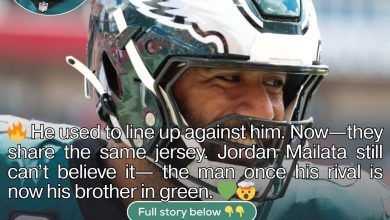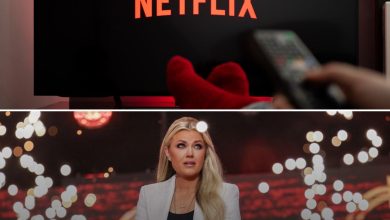The $180M Dilemma: Why Jed Hoyer’s Focus on Pitching Trumps the Emotional Appeal of a Bellinger Reunion.vc

(CHICAGO) — The media buzz surrounding a potential Cody Bellinger reunion with the Chicago Cubs is generating excitement, but insiders reveal the Cubs front office is operating with far more caution than fans might expect. Sources indicate that while President of Baseball Operations Jed Hoyer values Bellinger’s talent and connection to the city, major roadblocks involving the team’s top needs and long-term financial strategy could derail the high-profile return.
The internal discussions are not negative; they simply reflect a careful, strategic calculus that prioritizes the health of the entire organization over a single, massive position player signing.
The Financial Conflict: Need vs. Cost
The most critical roadblock remains the price tag. Bellinger is commanding a long-term contract—likely exceeding $180 million—which would consume a significant portion of the Cubs’ available spending power.
- “Pitching is the Largest Focus”: Hoyer has been candid this offseason, stating publicly that the organization’s “largest focus will be on pitching, I think that’s obvious.” The Cubs’ bullpen was decimated by free agency, and the starting rotation—even with Justin Steele and Cade Horton—needs reliable, high-end additions to seriously compete in the NL Central.
- Tying Up the Books: Committing a nine-figure deal to Bellinger would drastically limit the Cubs’ ability to aggressively pursue top starting pitchers like Dylan Cease or high-leverage relievers needed to reconstruct the pitching staff. The front office is prioritizing flexibility for multiple, high-impact pitching acquisitions over one massive offensive signing.
The Roster Balance and Development Dilemma
Even beyond the financial cost, the organizational fit for Bellinger is less clear than many fans believe, especially regarding long-term player development:
- Pete Crow-Armstrong (PCA): PCA is established as the center fielder of the future, forcing Bellinger to a corner spot or first base.
- Michael Busch: The Cubs have invested in Michael Busch at first base, and a long-term Bellinger signing would complicate Busch’s role, potentially forcing him into a less-than-ideal DH platoon.
Insiders suggest the Cubs would rather reserve their future payroll flexibility to retain core young players like PCA and Busch, making a massive long-term contract for an outside player—who also has volatile underlying metrics—a highly scrutinized risk.
The Strategic Pause
The current silence from the Cubs reflects Hoyer’s preference for strategic restraint and avoiding the urge to make an emotional splash. While the Yankees may be desperate for Bellinger, the Cubs view their own situation as having a high-end core that primarily needs pitching reinforcement.
The situation remains fluid, but the underlying financial and pitching needs of the Cubs mean that Bellinger must accept a contract that aligns with Chicago’s strategic vision—or the reunion will remain the biggest “what if” of the offseason.



